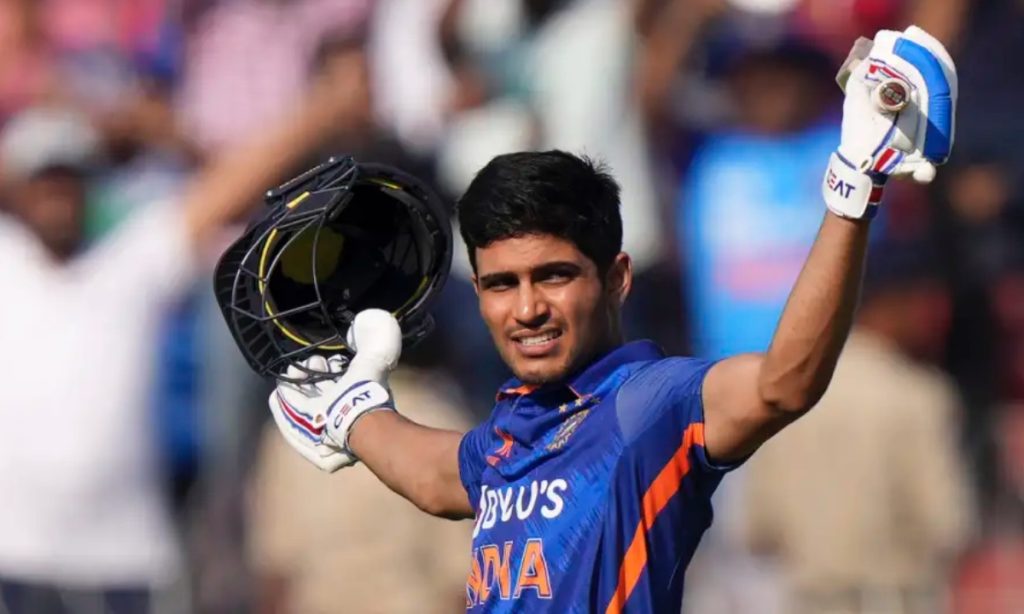In a move that has stirred discussions across the Indian cricketing landscape, Sanjay Bangar, the former batting coach of the Indian cricket team, has unveiled his lineup for the upcoming T20I series against England. What stands out in this selection is the conspicuous absence of Shubman Gill, one of India’s promising young batsmen who has been making waves in the cricketing world. Bangar’s squad includes Sanju Samson, Abhishek Sharma, Tilak Varma, Suryakumar Yadav, Rinku Singh, Shivam Dube, Hardik Pandya, Axar Patel, Kuldeep Yadav, Arshdeep Singh, Prasidh Krishna, Yashasvi Jaiswal, Rishabh Pant, Varun Chakaravarthy, and Khaleel Ahmed.
The Selection Strategy
Bangar’s selection seems to be driven by a blend of current form, specific match-ups against England, and the need for a balanced team composition in the T20 format. The exclusion of Gill, a player known for his elegant stroke play and consistent performances, particularly in the IPL, raises eyebrows. This decision might reflect Bangar’s assessment of Gill’s suitability for the aggressive, high-tempo game that T20 cricket demands, especially against a formidable England side known for their dynamic play.
Opening Batters
Starting with the opening slots, Bangar has opted for Sanju Samson and Abhishek Sharma. Samson, known for his explosive starts, has been in phenomenal form, especially in the IPL, where he has showcased his ability to take games away from opponents in the powerplay. Abhishek Sharma, on the other hand, brings a left-handed option at the top, adding diversity to the batting lineup. His recent performances have shown that he can handle both pace and spin, making him an ideal partner for Samson.
Middle Order and All-Rounders
The middle order sees Tilak Varma, Suryakumar Yadav, Rinku Singh, and Shivam Dube, with Hardik Pandya also contributing in the lower middle order. Varma’s selection underscores his potential as a future star, having impressed in domestic and IPL cricket with his all-round capabilities. Suryakumar Yadav, known as ‘Mr. 360’ for his ability to hit in all directions, remains a mainstay in India’s T20 setup. His recent performances have only cemented his place. Rinku Singh’s inclusion is a nod to his finishing skills, demonstrated notably in the IPL. Dube’s selection might be aimed at providing that extra power in the middle overs, something he has been known to deliver.
Hardik Pandya’s role is pivotal: his all-round skills not only bolster the batting but also provide crucial overs with the ball. His leadership in the IPL has also shown his growth as a tactician, making him an asset in the dressing room.
Spin Bowling
The spin department is robust with Axar Patel and Kuldeep Yadav. Axar brings stability with both bat and ball, offering control in the middle overs. Kuldeep, with his wrist spin, could be the wildcard in conditions that might assist spin, especially given England’s mixed record against quality spinners in India. Bangar’s choice of Varun Chakaravarthy adds another layer of mystery spin, which could be crucial on turning tracks.
Pace Attack
Arshdeep Singh and Prasidh Krishna lead the pace attack, with Khaleel Ahmed providing additional depth. Arshdeep’s ability to swing the new ball and bowl yorkers at the death makes him a valuable asset. Krishna, with his pace and bounce, can be a threat in any conditions. Khaleel, known for his left-arm pace, adds variety and can exploit any hint of reverse swing or lateral movement.
The Gill Omission
The omission of Shubman Gill is the talking point. Gill’s recent performances have been commendable, but Bangar’s strategy might be to give opportunities to players who can adapt quicker to the T20 format’s demands or to players who have specific strengths against England’s bowling attack. Gill’s more classical approach might not fit into the ultra-aggressive blueprint Bangar seems to envision for this series.
Implications and Looking Ahead
This selection could signal a shift in team strategy, focusing on players who can adapt rapidly to the nuances of T20 cricket, which is increasingly about power-hitting and tactical bowling variations. It also reflects confidence in the younger brigade, with players like Jaiswal and Sharma getting a nod, suggesting a long-term vision for the team’s composition.
For Gill, this might be a moment to reassess his T20 game, perhaps focusing on a more aggressive approach or enhancing his range against spin, which is crucial in the Indian context. For the team, this series against England will be a litmus test of Bangar’s selections, offering insights into how well this squad can perform under pressure.
In Summary
Sanjay Bangar’s selection for the T20I series against England is a bold statement of intent, emphasizing adaptability, power, and tactical acumen over traditional batting prowess. While the exclusion of Shubman Gill might be debated, the overall squad composition suggests a strategic approach to counter England’s strengths while leveraging India’s depth in spin and pace. As the series unfolds, it will be fascinating to see how these choices play out on the field, potentially setting the tone for India’s T20 cricket strategy moving forward.

